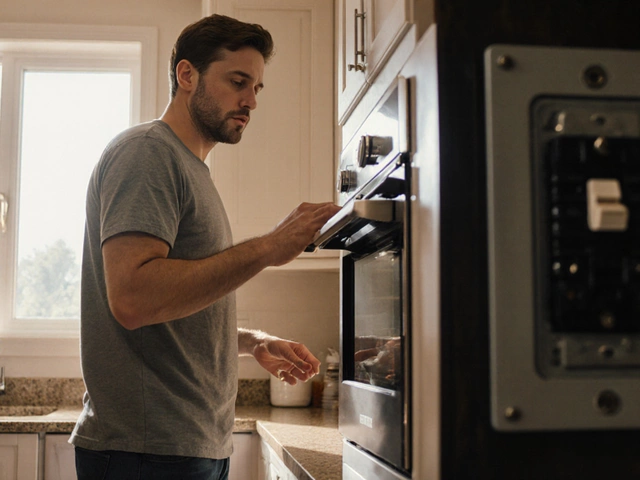Replace or Repair: How to Decide If Your Appliance Needs Fixing or a New One
Got a fridge that’s humming but not cooling? A washing machine that’s making a nasty grind? Before you book a pricey technician or rush out to buy a brand‑new unit, ask yourself a few simple questions. A quick check can save you time, money, and the headache of a wrong decision.
What to Look at Before You Decide
First, note the age of the appliance. Most major gadgets – fridges, ovens, boilers – last between 10 and 15 years if they get regular maintenance. If yours is older than that, replacement might be cheaper in the long run because parts become scarce and labor rates go up.
Second, think about the fault itself. A broken hinge on a dishwasher door is usually an easy, cheap fix. A cracked glass hob or a compressor that’s gone is more complex and can cost as much as a new unit. Look up typical repair costs for that model – many forums and review sites list average prices.
Third, consider energy efficiency. Newer appliances are often far more efficient, meaning lower electricity or gas bills. If your old fridge uses a lot of power, the extra expense of a new, Energy‑Star model can pay for itself in a few years.
Saving Money: Repair or Replace Tips
Get a written quote before any work starts. A reputable service will break down parts, labor, and any travel fees. Compare that total with the price of a comparable new appliance, including delivery and installation.
Ask the technician if a refurbished part is available. Refurbished components are tested, come with a short warranty, and can cut the bill dramatically.
If you’re handy, try simple DIY fixes first. Cleaning a condenser coil, resetting a dishwasher filter, or tightening a loose connection can solve many problems without a callout.
Don’t ignore warranty coverage. Even if the warranty is out of date, some manufacturers offer extended service plans or goodwill repairs for a fraction of the cost.
Finally, think about the future. If you’re planning to move or remodel, a newer, sleek appliance can add value to your home, whereas an older, repaired unit might not.
Bottom line: weigh age, fault severity, energy savings, and repair quotes. When the math points to a new purchase, choose a reputable brand with good after‑sales support. When repair looks cheap and reliable, a quick fix will keep your kitchen running smoothly without breaking the bank.






